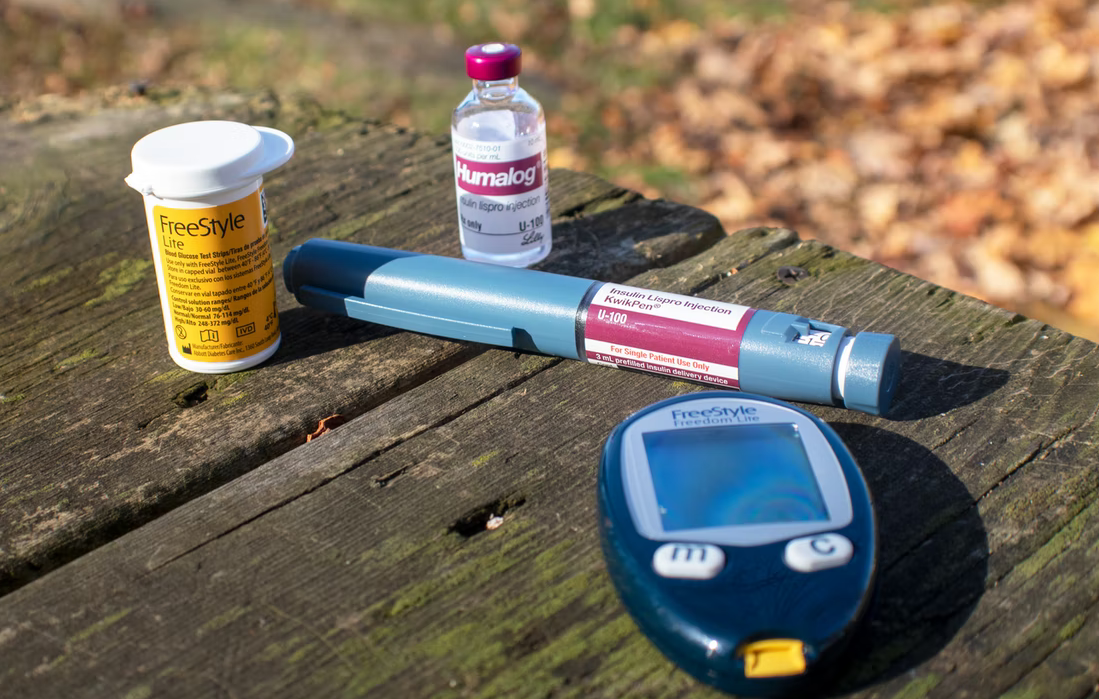Regenerative Medicine News and General Information, Stem Cell Therapy for Specific Conditions
Stem Cell-Based Implants Successfully Secrete Insulin
Diabetes mellitus is a chronic disease that affects over 460 million people worldwide (International Diabetes Foundation, 2019) and bears a significant financial, disability, and mortality cost for health care systems and patients globally.
Almost 130,000 new cases of type 1 diabetes are diagnosed each year, and patients face a lifetime of exogenous insulin therapy. Approximately 100 years since the discovery of insulin, type 1 diabetes (T1D) remains a life-altering and sometimes life-threatening diagnosis.
While insulin can be lifesaving, it fails to prevent the progression of end-stage microvascular complications in many patients.
Interim results from a multicenter trial have demonstrated insulin secretion from engrafted cells in patients with type 1 diabetes.
Using Human Pluripotent Stem Cells (PSCs)
The use of PSCs has made significant progress toward becoming a viable clinical option for the mass production of insulin-producing cells. In 2006, scientists at Novocell reported a multi-stage protocol directing the differentiation of human embryonic stem cells into immature pancreatic endoderm cells. Further studies showed that these cells were able to mature and become fully functional when implanted in animal models.
Two groups report on phase I/II clinical trial in which pancreatic endoderm cells were placed in non-immunoprotective macro-encapsulation devices to allow a direct vascularization of the cells, and implanted under the skin in patients with type 1 diabetes. The patients needed immunosuppressive therapy prior to the transplantation procedure.
The first study by Shapiro and colleagues shared the results of the first 17 participants. The individuals were aged 22-57 with type 1 diabetes. Pancreatic endoderm cells (PEC-1) were implanted subcutaneously. Six of 17 participants (35%) demonstrated positive C-peptide as early as 6 months post-implant. At the end of the study, they reported engraftment and insulin expression in 63% of devices explanted from trial patients.
C-peptide levels indicate that the body is producing insulin. A low level (or no C-peptide) indicates that the pancreas is producing little or no insulin.
The second study by Ramzy and colleagues reported the first 15 patients of their study. These patients received also a subcutaneous implantation of cell products combined with an immunosuppressive regimen. The implants were well tolerated with no severe adverse events reported.
After implantation, patients had increased fasting C-peptide levels and increased glucose-responsive C-peptide levels and developed mixed meal-stimulated C-peptide secretion.
A New Therapy In Development
The studies have demonstrated that PSC-derived pancreatic progenitor cells have the capacity to survive, engraft, differentiate, and mature into human islet-like cells when implanted subcutaneously.
The findings of the studies could lead to bigger trials, and hopefully in the future a therapy that could really impact the quality of life of patients with type 1 diabetes.
Sources:
Adam Ramzy, et al. Implanted pluripotent stem-cell-derived pancreatic endoderm cells secrete glucose-responsive C-peptide in patients with type 1 diabetes. Cell Stem Cell, 2021; 28 (12): 2047 DOI: 10.1016/j.stem.2021.10.003
A.M. James Shapiro, et al. Insulin expression and C-peptide in type 1 diabetes subjects implanted with stem cell-derived pancreatic endoderm cells in an encapsulation device. Cell Reports Medicine, 2021; 100466 DOI: 10.1016/j.xcrm.2021.100466
Cell Press. “Stem cell-based implants successfully secrete insulin in patients with type 1 diabetes.” ScienceDaily. ScienceDaily, 2 December 2021. <www.sciencedaily.com/releases/2021/12/211202113432.htm>.
Image from:
Photo by David Moruzzi on Unsplash

